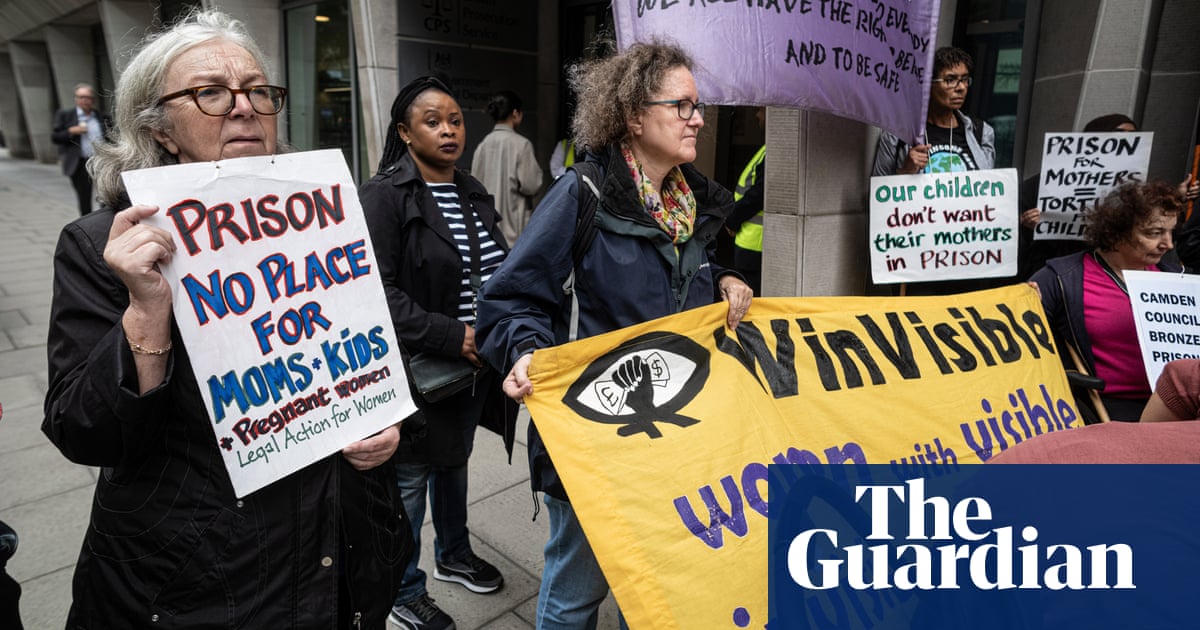
More than 100 female Labour MPs have written to Boris Johnson calling on him to scrap new guidance on pre-trial therapy for rape victims, which they say will make it less likely they will get the vital therapy they need.
Led by the shadow attorney general, Emily Thornberry, MPs including Yvette Cooper, Angela Rayner and Jess Phillips argue that the new rules “will cause many survivors to avoid seeking therapy, and make it more likely that cases will collapse when the prolonged stress of waiting for trials becomes too much”.
The move would allow a defendant’s legal team to access and use rape victims’ therapy notes in court proceedings if they thought it was “relevant”, rather than only in cases where it would undermine a case, they argue. The proposal was criticised by the victim’s commissioner for England and Wales Vera Baird, who said it “made things worse” for rape victims.
Thornberry said: “It’s hard enough at the moment for rape victims as it is, without them having to choose between getting help with their mental health and justice. That seems to us to be a grave problem.”
The majority of rape cases are closed when victims drop out of the criminal justice system. In the year to December 2021, 61% of police investigations were closed because the victim did not support further action. A lack of support for victims, including confidence in pre-trial therapy, has been cited as one of the key reasons.
A Crown Prosecution Service spokesperson said its new guidance on pre-trial therapy, brought out at the same time as the attorney general released guidance on disclosure designed to protect victims’ privacy, clarified that requests for data must be specific, adding that notes would be shared with the defence only if capable of undermining the prosecution case.
But critics and campaigners argue they can be sought if deemed “relevant” and should be excluded from trials entirely.
A year after the government launched its landmark rape review into the collapse of rape cases, the justice secretary, Dominic Raab, announced a pilot that would include three specialist rape courts in Newcastle, Leeds and Snaresbrook in London opening in October.
Rape victims face long delays in cases getting to trial, with the typical wait between an offence of rape and the completion of the resulting criminal case exceeding 1,000 days in 2021 for the first time.
Figures suggest that in the past year police have been sending more cases to the CPS, and there has been a small increase in the number of cases that the prosecution service takes forward.
The government’s rape review progress update states that rape convictions have increased by 27% compared with 2019, before the pandemic hit, while the rape conviction rate increased to 70.7% in October to December last year, up from 67.8% in the previous quarter. Critics argue that an increased conviction rate is a poor measure of success, as it can suggest that cases perceived as “difficult” are still not being taken forward.
Andrea Simon, the director of the End Violence Against Women Coalition, said “not a great deal” had changed for rape survivors, while specific data was still not being collected on black and minority ethnic women.
“Despite any positive spin the government put on creeping prosecution rates, the reality is that in 2016-17 the volume of completed rape prosecutions was 5,190 and in 2020-21 this stood at just 1,557, so we are nowhere near on track to meet government targets in this area,” she said.
Just 1.3% of 67,125 rape offences recorded by police in 2021 led to a prosecution, Home Office figures show. It means rape continues to have the lowest charge rate of all crimes. “We are in the most terrible place when such a tiny percentage of rapes reported to the police are being prosecuted,” said Thornberry.
Raab said the situation was improving and that 1,000 sexual violence advisers were being recruited and a helpline was being developed. He said an extra yearly £6.6m in the spending review would result in the expansion of the Operation Soteria pilot, a new police model for catching rapists, more support for victims, and better data collection. “We are restless to go further,” he said.
A spokesperson for the attorney general’s office said material could only be disclosed “if it might reasonably be considered capable of undermining the case for the prosecution or of assisting the case for the defence”. New requirements would “ensure that third-party material such as therapy notes and medical records are only sought by investigators in rare circumstances, where strictly necessary to ensure a fair trial”.












